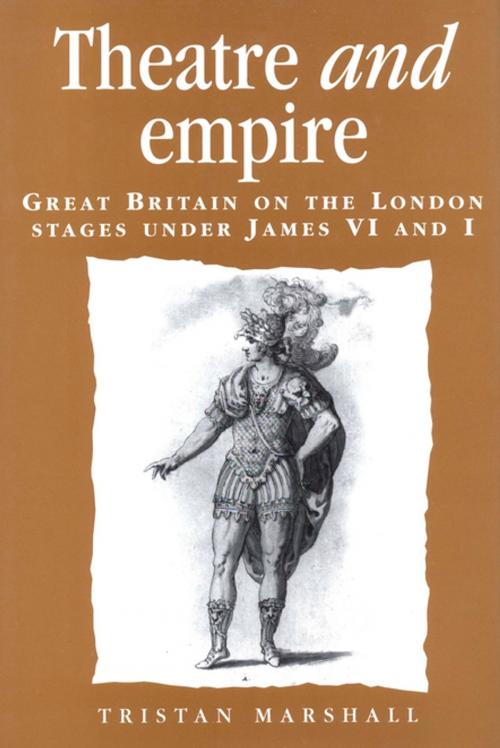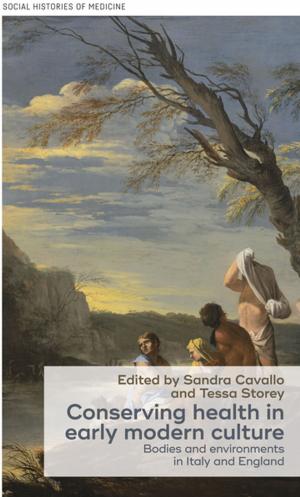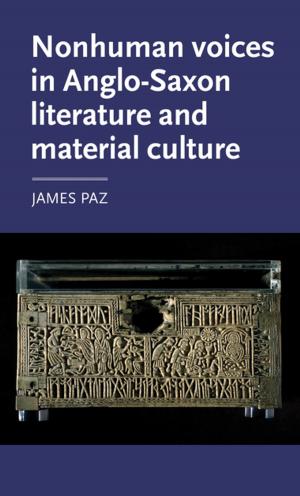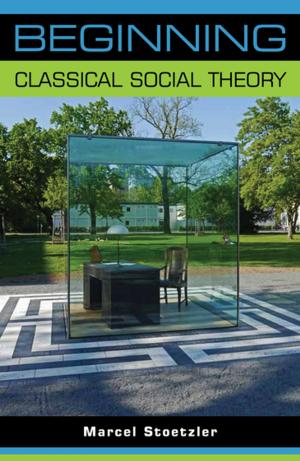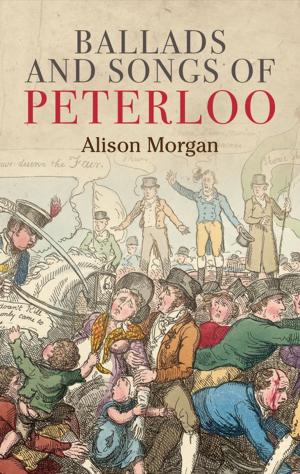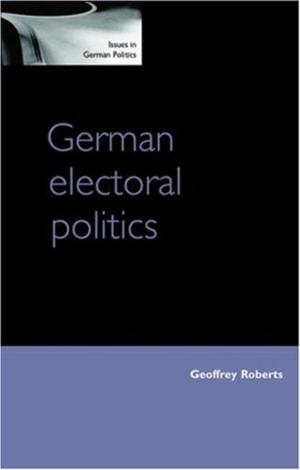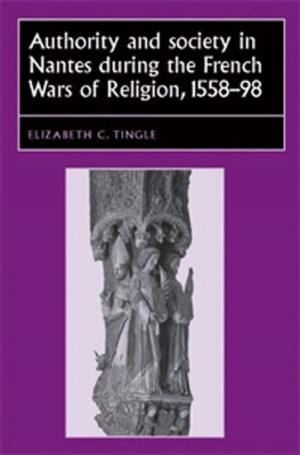Theatre and empire
Great Britain on the London stages under James VI and I
Nonfiction, Art & Architecture, Art History, European, General Art, History| Author: | Tristan Marshall | ISBN: | 9781526134745 |
| Publisher: | Manchester University Press | Publication: | April 30, 2018 |
| Imprint: | Manchester University Press | Language: | English |
| Author: | Tristan Marshall |
| ISBN: | 9781526134745 |
| Publisher: | Manchester University Press |
| Publication: | April 30, 2018 |
| Imprint: | Manchester University Press |
| Language: | English |
This book looks at the genesis of the British national identity in the reign of King James I and VI. While devolution is currently decentralizing Britain, this book examines how the idea of a united kingdom was created in the first place. It does this by studying two things: the political language of the King's project to replace England, Scotland, and Wales with a single kingdom of Great Britain; and the cultural representations of empire on the public and private stages. The book argues that between 1603-1625 a group of playwrights celebrated a new national consciousness in works as diverse as Middleton’s Hengist, King of Kent, Rowley’s The Birth of Merlin and Shakespeare’s Cymbeline. While specifically Jacobean interdisciplinary studies are few compared with Elizabethan and Caroline works, Marshall attempts to redress the balance by offering a fresh appraisal of James Stuart’s reign. By looking at both established and little known plays and playwrights, Theatre and Empire rewrites our understanding of the political and cultural context of the Jacobean stage.
This book looks at the genesis of the British national identity in the reign of King James I and VI. While devolution is currently decentralizing Britain, this book examines how the idea of a united kingdom was created in the first place. It does this by studying two things: the political language of the King's project to replace England, Scotland, and Wales with a single kingdom of Great Britain; and the cultural representations of empire on the public and private stages. The book argues that between 1603-1625 a group of playwrights celebrated a new national consciousness in works as diverse as Middleton’s Hengist, King of Kent, Rowley’s The Birth of Merlin and Shakespeare’s Cymbeline. While specifically Jacobean interdisciplinary studies are few compared with Elizabethan and Caroline works, Marshall attempts to redress the balance by offering a fresh appraisal of James Stuart’s reign. By looking at both established and little known plays and playwrights, Theatre and Empire rewrites our understanding of the political and cultural context of the Jacobean stage.
